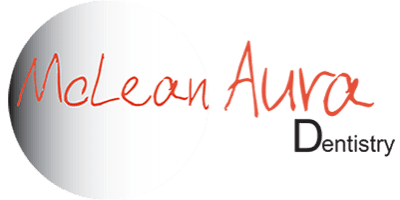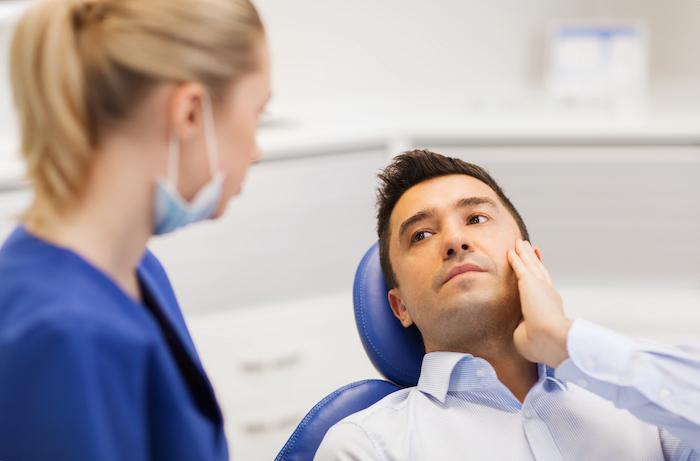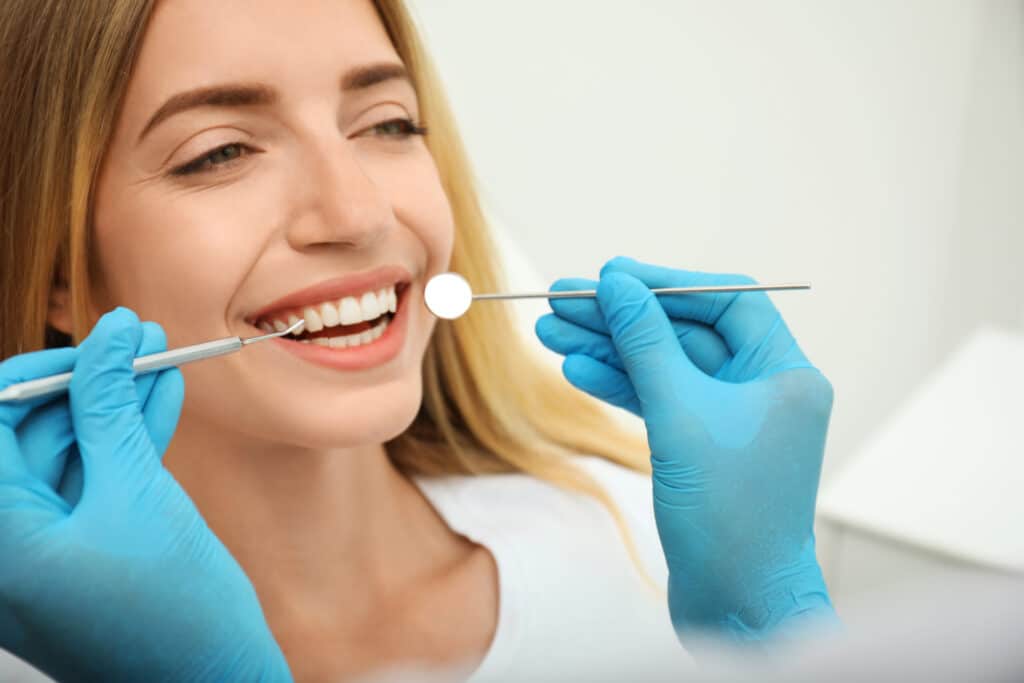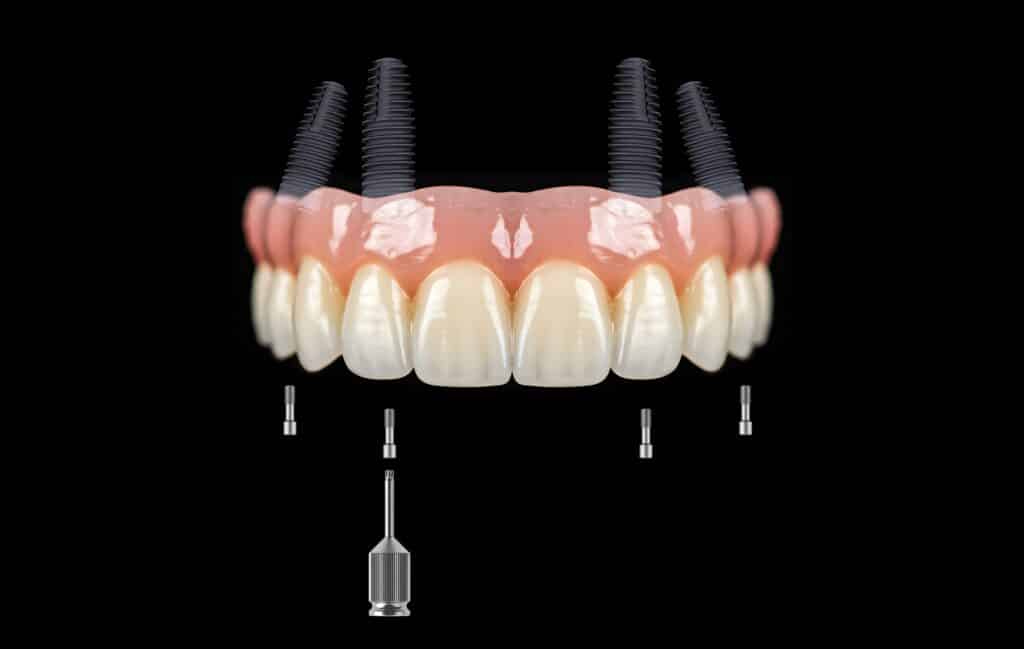Your joints routinely crack and pop and, in most cases, there’s no real cause for concern. When it happens in your jaw, the sound is amplified, making you sit up and take notice. Like your other joints, your jaw can crack and pop under benign circumstances, but if the popping is accompanied by pain or other symptoms, it could signal a more serious problem.
To help you figure out whether your jaw popping requires a closer look, the team here at McLean Aura Dentistry, led by Drs. Chang Yi and Negar Tehrani, pulled together the following information on the subject.
Jaw anatomy
Before we get into jaw popping, we feel it’s helpful to review the basic anatomy of your jaw so you understand the terminology.
Your jaw is primarily made up of your mandible, which we also refer to as your lower jaw. This large bone houses the bottom row of your teeth and creates the structure of the lower half of your face.
Keeping your mandible attached to your skull are two small hinge joints on either side of the bone at about ear level, called temporomandibular joints (TMJs). If you take a moment to move your lower jaw around, you can appreciate the wide range of motion your TMJs provide — up-and-down and side-to-side.
Now that we better understand the components in your jaw, let’s take a look at what can cause popping.
When jaw popping is normal
You’re tired, and your mouth opens wide for a yawn and your jaw pops. Or, perhaps you open wide to accommodate that enormous burger or sandwich, and you’re met with a pop or crack.
These instances of jaw popping are perfectly normal and occur when your mandible is hyperextended. This extension shouldn’t pose any problems comfort- or function-wise.
Potentially problematic jaw popping
One of our biggest concerns when it comes to jaw popping is whether you’ve developed a temporomandibular joint disorder (TMJD), which affects about 10 million people in the United States. If you have an issue in one or both of the small hinge joints, you can experience ongoing jaw popping, along with:
- Pain in your TMJs
- Headaches or ear aches
- Trouble opening your mouth wide
- Locking jaws
- Problems with your bite
The above simply lists the most common symptoms of TMJD, and you may not experience all of them.
TMJD isn’t one single condition, but, rather, the result of a problem in your TMJs that can stem from different problems, such as a dislocation of your jaw, arthritis, teeth grinding, or malocclusion.
When to seek help for jaw-popping
A good rule of thumb when it comes to seeking help for jaw-popping is whether or not other issues exist alongside the condition. For example, any time you have jaw pain, popping or no, we want you to come see us. As well, if you’re having issues with chewing or talking because of a jaw that locks, pops, and clicks, it’s time to come in.
If you’re still unsure as to whether you should be concerned about your jaw popping, it’s always best to err on the side of caution and schedule an appointment at our McLean, Virginia, office.




